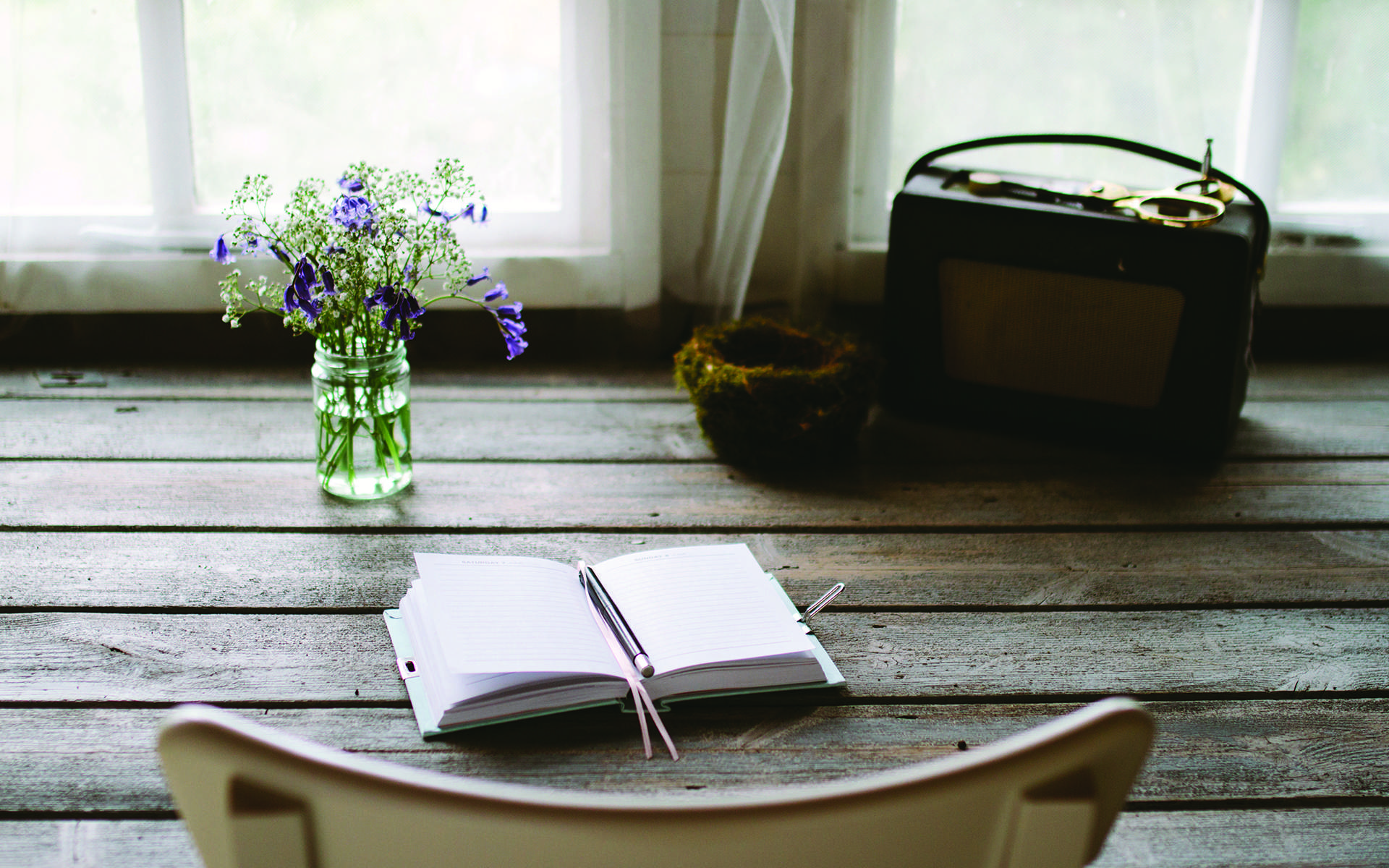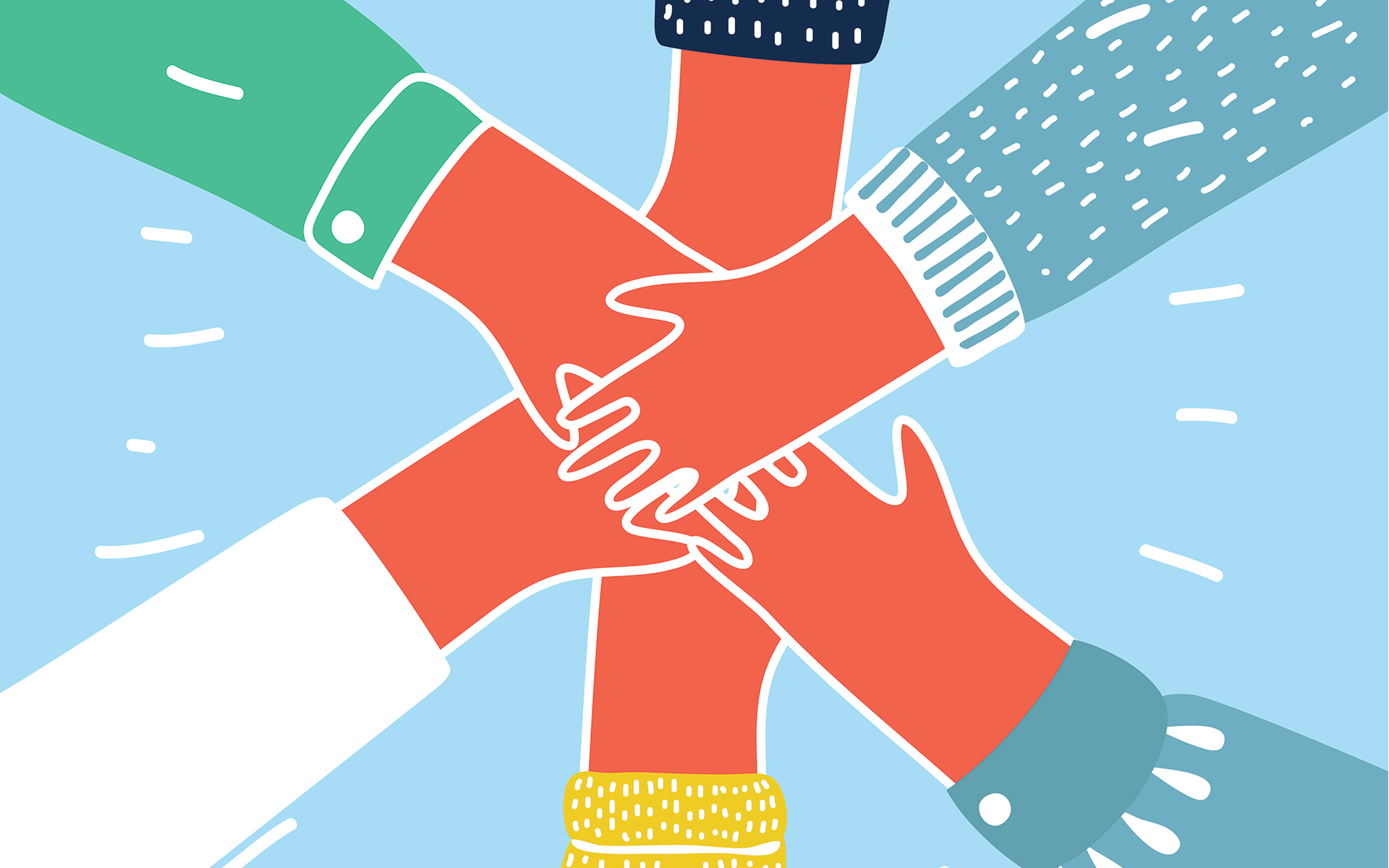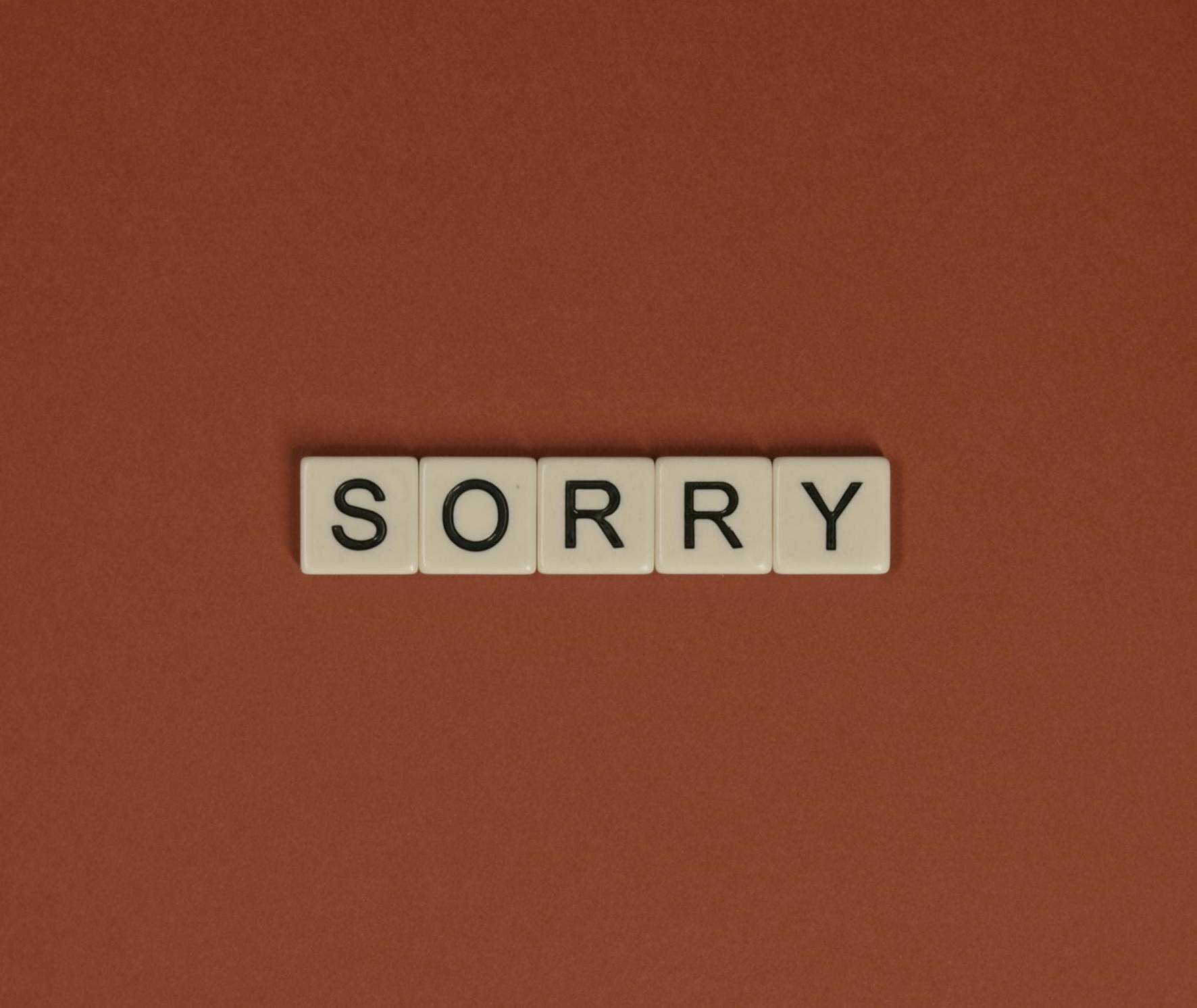The practice of writing in a journal, a diary, or just scribbling notes to ourselves on pieces of paper, has both a rich history and present-day appeal. The famous 20th-century novelist and diarist Anaïs Nin believed writing serves “to heighten our own awareness of life…to taste life twice, in the moment, and in retrospection.” She was on to something. Writing has a remarkable way of shifting our awareness—keeping a journal can be an accessible way to experience that shift.
As a hobby, journaling is inexpensive, portable, and can brighten our quality of awareness, making sense of our thoughts, feelings, perspectives, our own developing story line as it happens. It gives us a chance to slow down, breathe, turn to a fresh page, and “get real” about what we’re thinking and feeling—also referred to, particularly in therapeutic settings, as expressive writing. Although we refer here to writing, journaling is not only about putting words on paper. Visual journals filled with sketches, doodles, or any form of art you desire, vastly expand the options and the accessibility of journaling practice. You don’t have to erase your doodles, correct your grammar, or worry about garnering Likes and emojis from a virtual fan club. In other words, expressive journaling is expressing yourself, for yourself.
Key Summary
What is Mindful Journaling?
- A reflective writing practice that combines present-moment awareness with written expression.
Benefits of the Practice:
- Increases self-awareness and insight
- Processes emotions effectively
- Creates space between experiences and reactions
- Develops regular mindfulness habit
Getting Started Elements:
- Beginning with mindful breathing or body awareness
- Writing without judgment or editing
- Using prompts focused on present experience
- Noticing physical sensations while writing
Practice Variations:
- Stream of consciousness writing
- Gratitude journaling with full presence
- Sensory experience documentation
- Compassionate self-reflection
Implementation Tips: Start with short sessions (5-10 minutes), create a dedicated space, and focus on process rather than outcome.
Writing to Be Well
Scientific research conducted over the past two decades also finds that expressive writing can offer a multitude of mental and emotional health benefits. Journaling can decrease stress, help to level out your most turbulent emotions, and increase your sense of gratitude and optimism. A 2001 study found that college students who took up expressive writing about their troubles had fewer intrusive, stressful thoughts, and even improved their working memory. Researchers think that writing about difficult experiences or ruminations helps the brain to process them, freeing up mental resources.
Journaling has also shown promise as a way to help ourselves deal with anxious thoughts. In a 2018 study, people struggling with anxiety were asked to do a reflective writing practice online for 15 minutes per day, three days per week for 12 weeks. Others were assigned to a control group with their usual anxiety treatment. Within the 12 weeks, those who did the writing practice (compared with the control group) reported lower levels of anxiety and mental distress, less perceived stress, greater resilience and self-reported social integration, and fewer days on which pain prohibited their usual activities. Other studies have reported even more possible benefits, including improved markers of immune health, blood pressure, and ability to cope with grief and trauma.
How do these benefits come about? Zindel Segal, a Distinguished Professor of Psychology in Mood Disorders at the University of Toronto and a pioneering specialist in the use of mindfulness to treat mood disorders, explains that “the very act of writing takes information, that is often only dimly perceived, such as quick judgments, fears, worries, and concretizes by putting them in written form on paper. It requires that they are formed in language and also, once seen ‘on the page,’ they may be experienced with less of an emotional charge than when they were only ‘in the head.’”
Segal notes that programs such as Mindfulness-Based Cognitive Therapy and Mindfulness-Based Stress Reduction incorporate elements of expressive writing, which can help participants to externalize their experience, so that it becomes more available for mindful investigation. “Whether it involves writing about pleasant or unpleasant moments in MBCT or journaling in MBSR, the goals are the same: Make that which is fleeting more vivid and bring a kind curiosity to what is revealed,” Segal says.
Being You, for You
A mindful journaling practice also provides an opportunity to let go of judging yourself, to freely explore what you notice, what you feel, what makes you tick. Amy Spies, a meditation teacher and writing teacher based in Los Angeles, says that mindfulness and expressive writing share “the concept of finding a way to not be attached to self-criticism and doubts—to not suppress them, but let them float around you, as you stay in the present.” Spies teaches that meditating for even five or ten minutes before you write can inspire kind-hearted awareness.
It doesn’t matter what you end up writing, or how many pages you fill, or how messy it looks. Remember, this is for you.
No matter what you end up writing, or how many pages you fill, or how messy it looks, this is by you, for you. The gift of fearless self-expression also blooms into self-compassion. Mindful journaling allows the space to show up for your own emotions—contentment, anxiety, hunger, exhilaration, even sheer boredom—and just hang out with them for a little while. As with any consistent mindfulness practice, this opening-up with kindness for yourself can’t help but spread to those around you.
By the Book
The multitude of notebook styles at your local bookstore will offer plenty of notebook possibilities. Consider what you want to get out of your journaling practice. Are you hoping to ground yourself with a structured, daily practice? Record your dreams, or insights that come to you? Sort out your quagmire of thoughts? Any blank, lined, or dotted pages may strike your fancy. You may want to peruse different sizes of notebooks, different types of bindings (spiral binding? sewn-in pages? soft faux-leather covers?). An abundance of guided journals help you to hone in on cultivating gratitude, or mindfulness, or on a particular experience, such as a travel journal or a parenting journal.
Let yourself stay open to where the writing process leads you. As Hayley Phelan, a journalist who began her expressive writing practice while going through major life shifts, wrote for the New York Times, “Writing in your journal is the only way to find out what you should be writing about.” If you feel yourself getting lost, come back to your breath and your underlying intention to be honest and kind with yourself. Spending this quality time with what is present for you, and holding compassion for it all, is at the heart of mindful journaling.
read more
4 Rituals of Highly Creative People
Four successful artists demystify the creative process.
Read More
A Simple Mindful Gratitude Exercise
Science suggests that expressing true gratitude boosts your health and spreads happiness. Here are a few simple exercises to help you build your capacity for gratitude.
Read More
How to Practice Gratitude
Practicing gratitude has incredible effects, from improving our mental health to boosting our relationships with others. Explore ways you can be more appreciative in our mindful guide to gratitude.
Read More










